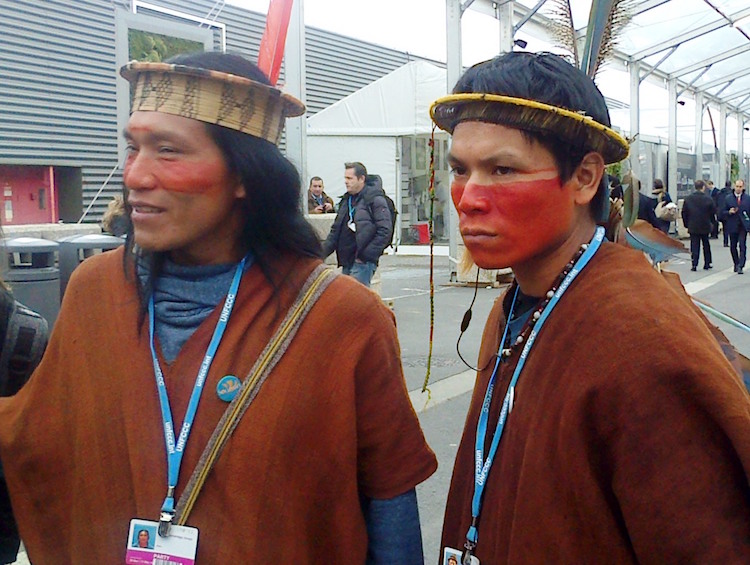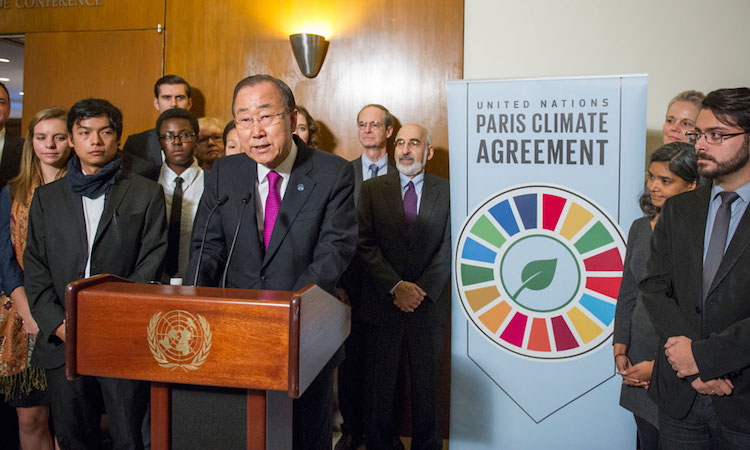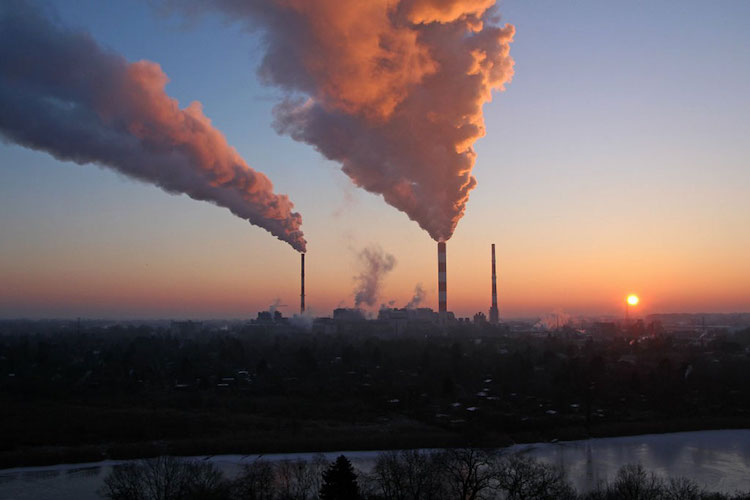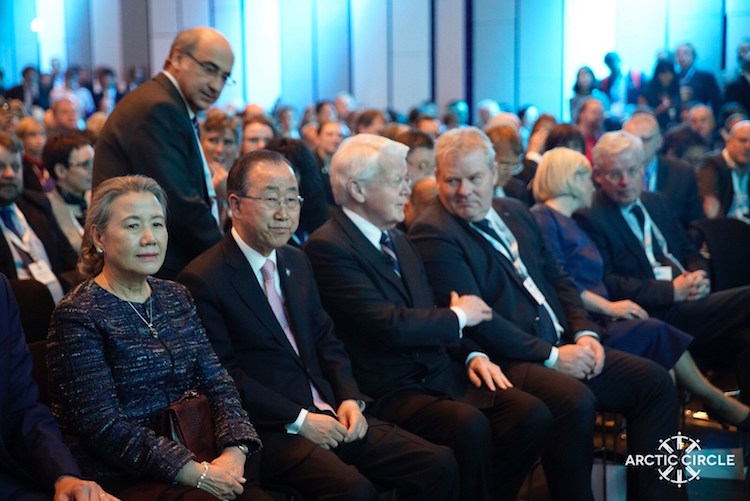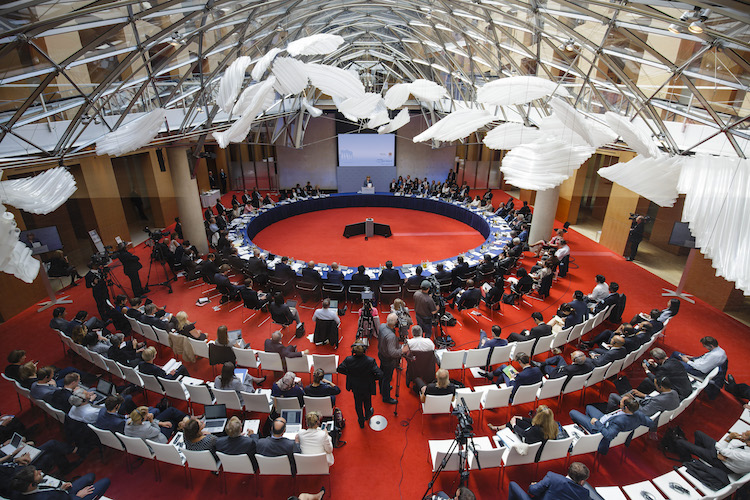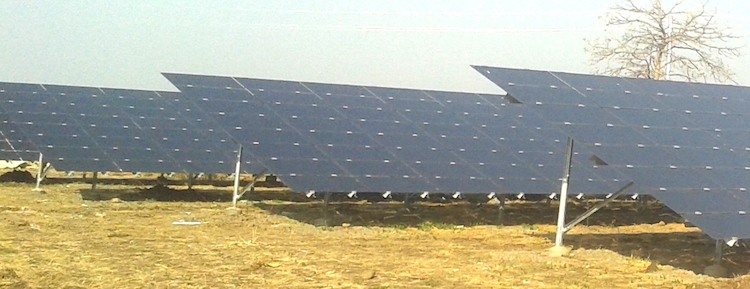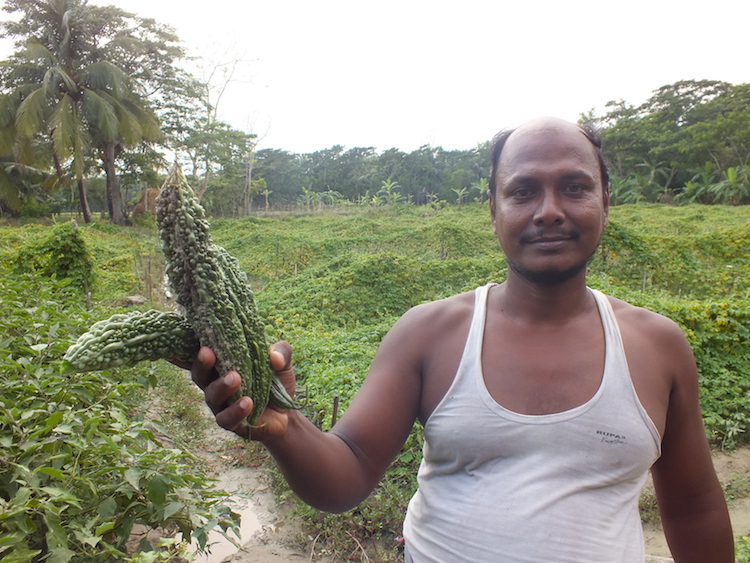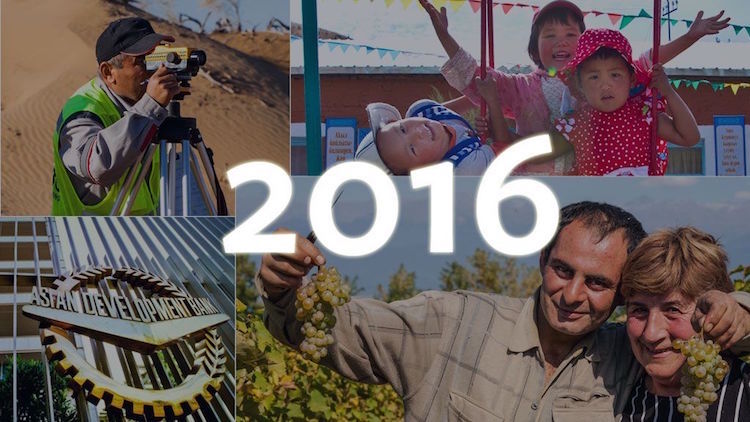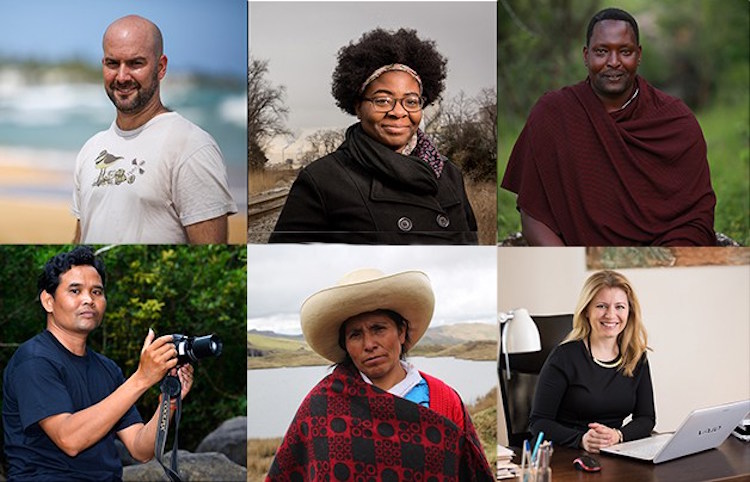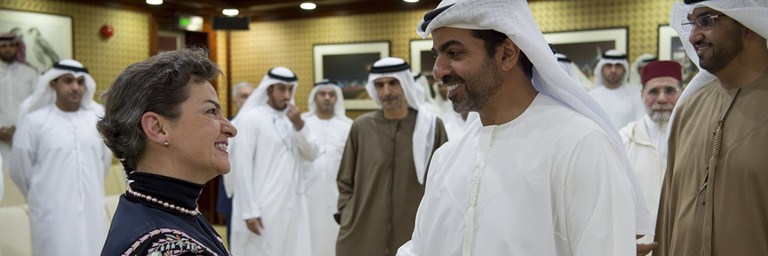By A.D. McKenzie
PARIS (IDN) – As news of Donald Trump’s victory in the U.S. presidential elections spread around the world, some of the first reactions came from organisations working to combat climate change: they vowed to fight any attempts to block environmental action or the Paris Agreement.
The date of the elections, November 8, coincided with the second day of the United Nations Climate Change Conference (COP 22) in Marrakech, Morocco, and a range of groups quickly made their positions clear.
“President-elect Donald Trump threatens our environment and we vow to fight him every step of the way,” stated Erich Pica, president of Friends of the Earth U.S.

